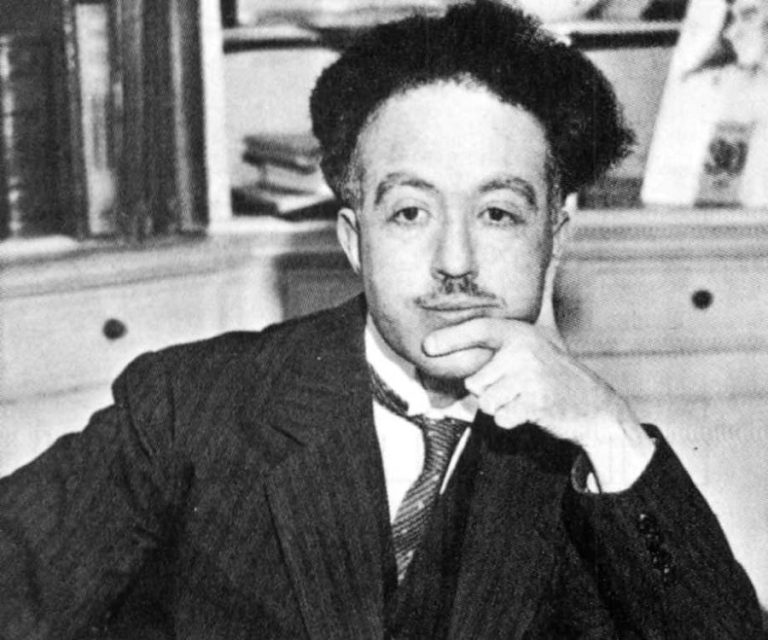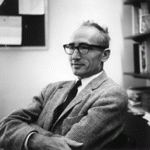Date of Birth: August 15, 1892
Zodiac Sign: Leo
Date of Death: March 19, 1987
Biography
Louis-Victor-Pierre-Raymond, 7th Duc de Broglie, commonly known as Louis de Broglie, was a French physicist who made groundbreaking contributions to quantum theory. Born into an aristocratic family on August 15, 1892, in Dieppe, France, de Broglie initially pursued history before shifting his focus to physics. He is best known for his revolutionary theory of wave-particle duality, which posits that all matter exhibits both wave-like and particle-like properties. This theory was pivotal in the development of quantum mechanics. De Broglie’s work earned him the Nobel Prize in Physics in 1929, making him one of the key figures in 20th-century physics. He spent most of his career at the Institut Henri Poincaré and later became a professor at the Sorbonne, where he continued to influence the field until his retirement. De Broglie remained active in scientific research and advising until his death on March 19, 1987. His legacy endures through his contributions to the understanding of atomic and subatomic processes.
5 Interesting Facts about Louis de Broglie
1. Louis de Broglie was originally interested in history and only turned to physics after serving in World War I, where he worked on radio communications.
2. He belonged to the French nobility and held the title of 7th Duke of Broglie.
3. His doctoral thesis, which introduced the concept of matter waves, was initially met with skepticism but was later validated by Einstein.
4. De Broglie’s theory of matter waves was experimentally confirmed by the Davisson-Germer experiment in 1927.
5. In addition to his Nobel Prize, he received numerous other accolades, including election to the French Academy of Sciences and the Royal Society of London.
5 Most Interesting Quotes from Louis de Broglie
1. “The actual state of our knowledge is always provisional and… there must be, beyond what is actually known, immense new regions to discover.”
2. “Every man who has given serious thought to the study of the sciences comes to realize that, in the last resort, all scientific knowledge rests upon a fundamental mystery.”
3. “The history of science teaches that the greatest advances in knowledge have come to us through the boldness of imagination, the capacity to confront the unknown.”
4. “One can only understand things when one is able to approach them with a certain simplicity.”
5. “Science is built upon facts, as a house is built of stones; but an accumulation of facts is no more a science than a heap of stones is a house.”
Highest Net Worth Achieved
There is no specific information available regarding Louis de Broglie’s net worth. However, as a member of the French nobility and a distinguished academic, he likely had access to considerable resources and financial stability.
Children
Louis de Broglie did not have any children. He dedicated his life to his scientific work and remained unmarried.
Relevant Links
4. [Louis de Broglie – Academic Tree](https://academictree.org/physics/peopleinfo.php?pid=67249
5. [Louis de Broglie – Quantum Theory](https://plato.stanford.edu/entries/qm-debroglie/


